Huge public outrage erupted after the court recently released three suspects in the Csepel drug lab case. The prosecution overseeing the police investigation requested detention, but the Buda Central District Court (BKKB) shocked the public by releasing the suspects. Sources reveal that in the case of two of the suspects, the decision was made by Tamas Matusik. He is the head of the BKKB's investigative judge group and was formerly the president of the National Judicial Council (OBT). It’s worth noting that a judge from his group also decided last March to release a man whose laptop police had found to contain hundreds of child pornography files.
Pressman's favorite judge
Matusik's name is known in Hungarian public life not only for these reasons.
The most significant public reaction was caused a couple of years ago when former U.S. Ambassador David Pressman met twice with Tamas Matusik along with Judge Csaba Vasvari while the former served as OBT president and the latter was a member of OBT.
One of the meetings was even captured in a photo. Strongly anti-government David Pressman, who frequently crossed diplomatic boundaries, maintained a cordial relationship with Matusik.
Judges Outraged Over Embassy Meeting
Their first meeting, held at the U.S. Embassy, triggered widespread outrage both in judicial circles and in the public. In response, the OBT later stated it had been a routine meeting within the framework of practices "completely normal in democracies." However, the president of the Curia (Hungary’s supreme court), Andras Zs. Varga, noted that while embassies do maintain contact with institutions of the host country, these meetings are typically held at the premises of the institutions. He added that he was not aware of the OBT’s contact with the U.S. ambassador ever being on the agenda at either of the two OBT meetings at the time.
A point of reference
It is also noteworthy that under Matusik's leadership, the OBT served as a reference point in the EU’s rule-of-law reports and provided arguments for the withholding of EU funds. Two years ago, heated debates erupted when the European Commission uncritically adopted the OBT’s arbitrary opinions — which had been disputed with data multiple times — as facts, damaging the personal integrity of many judges.
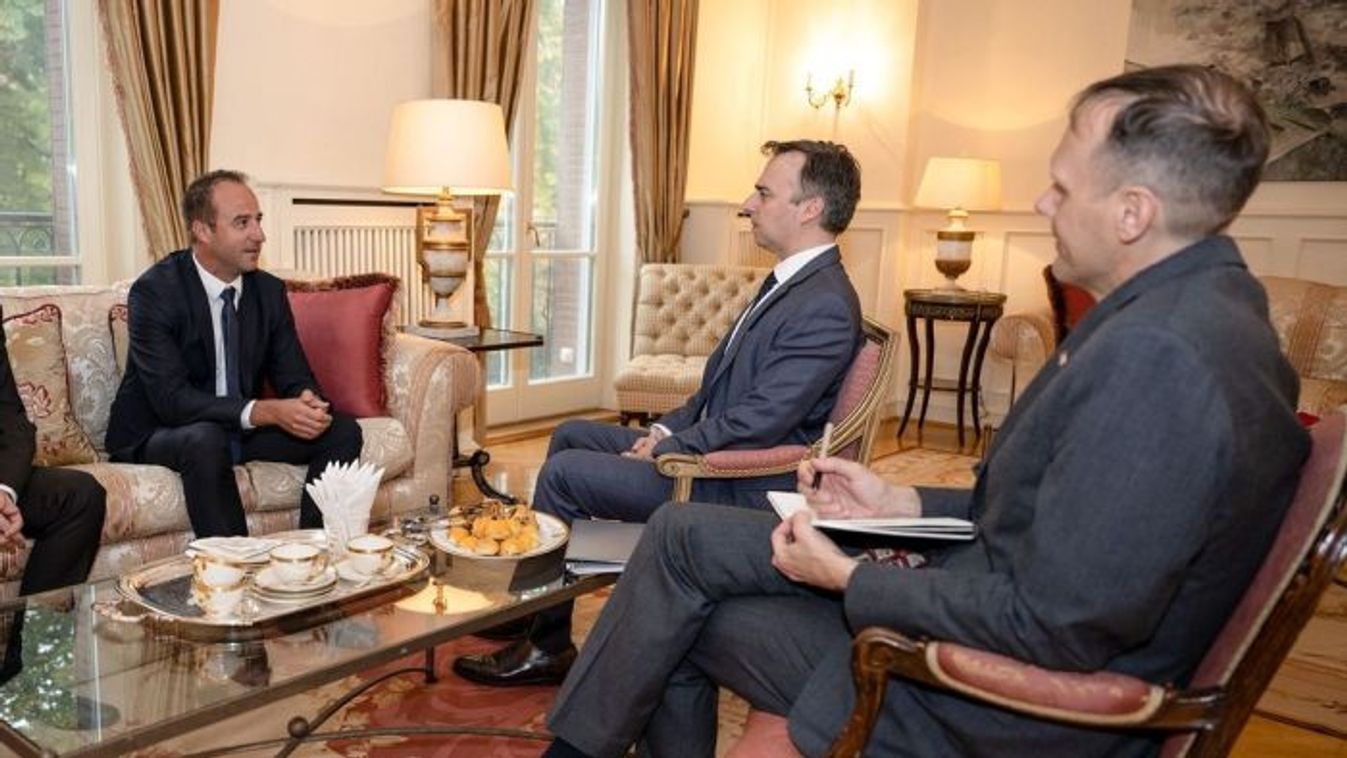
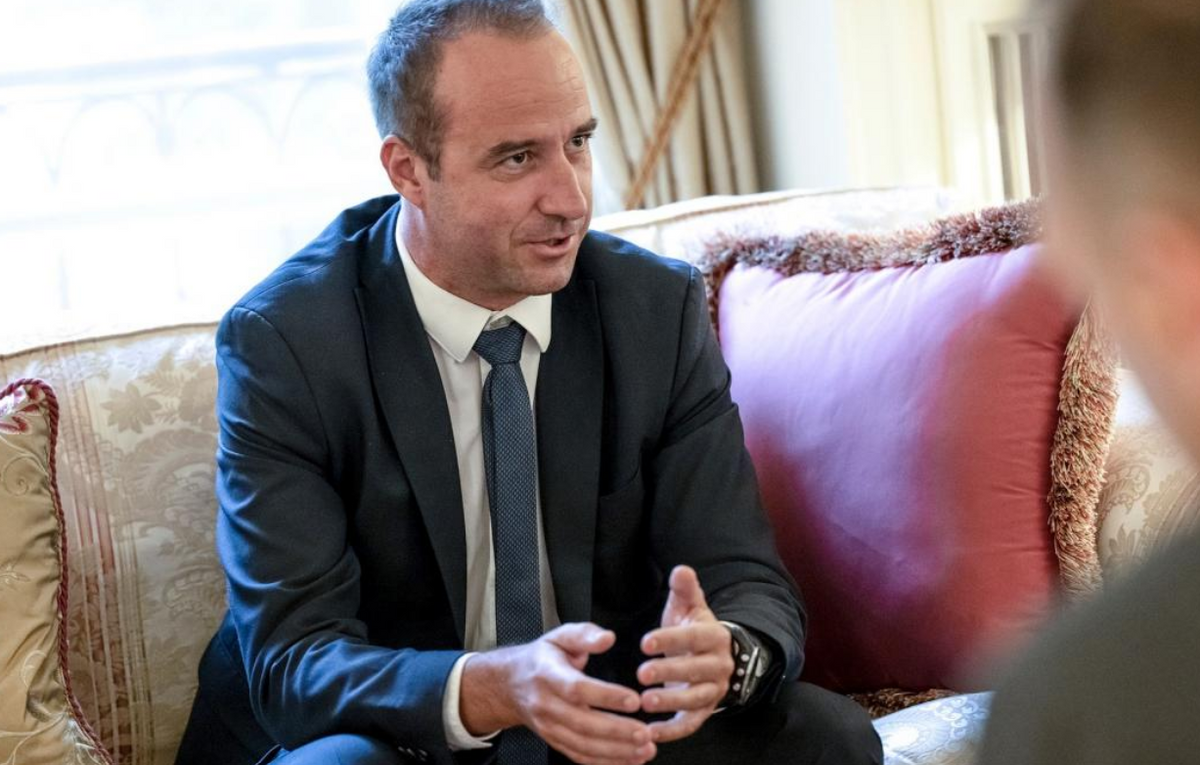

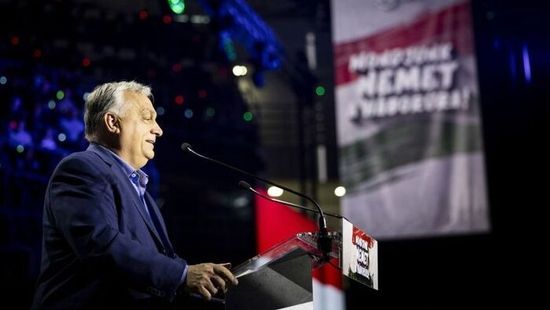



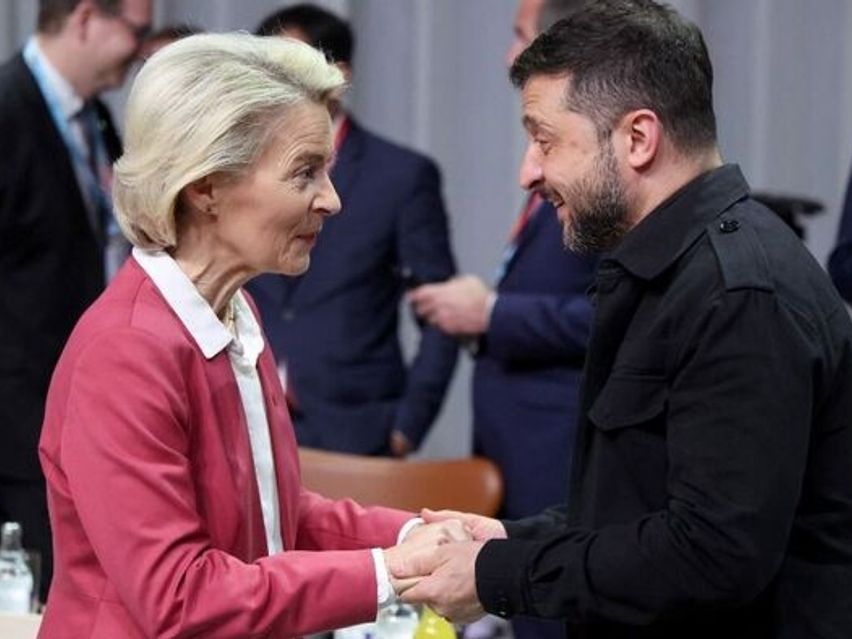
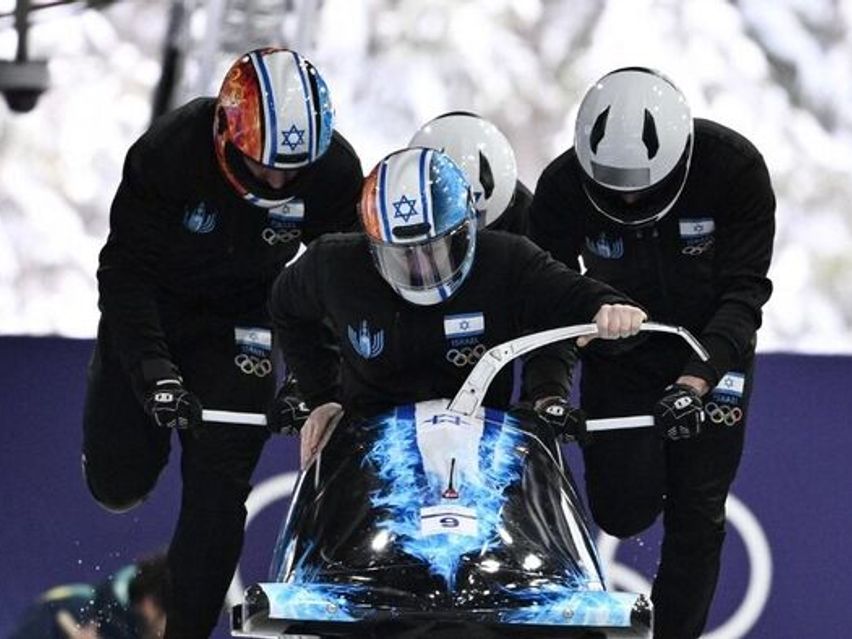
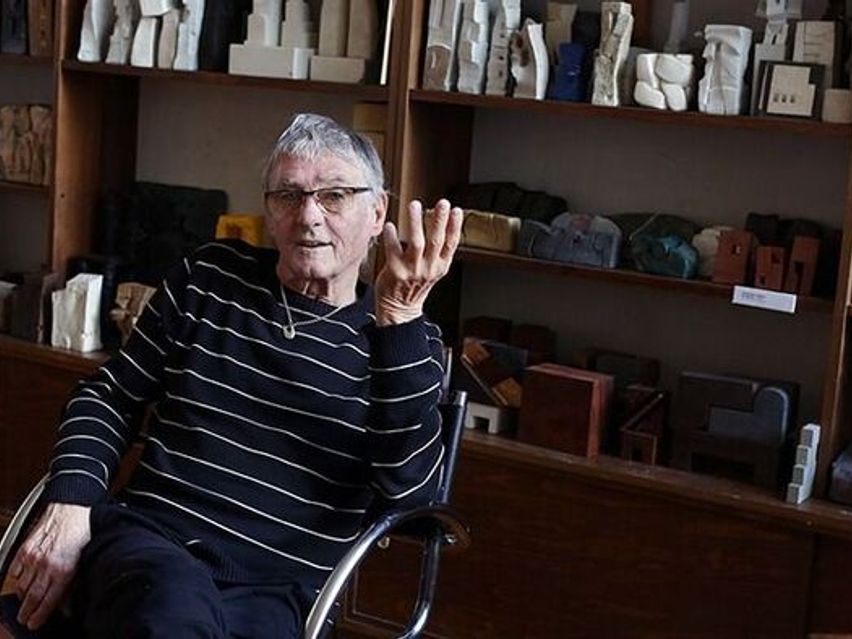
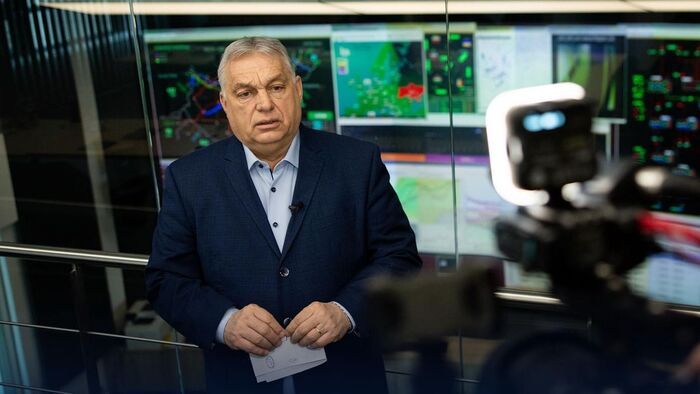

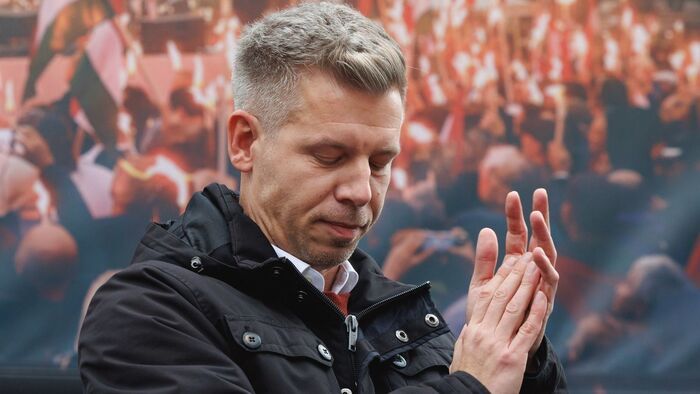
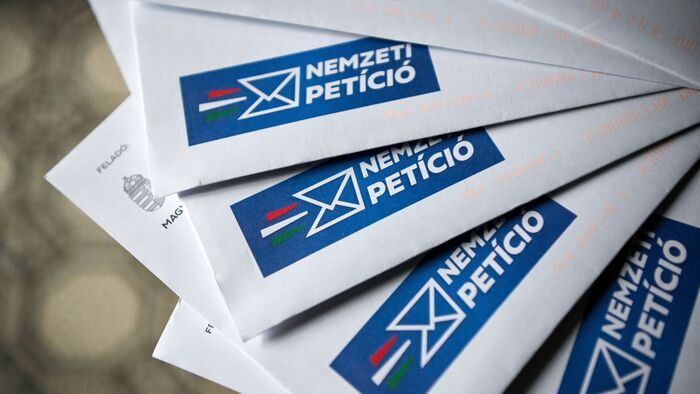
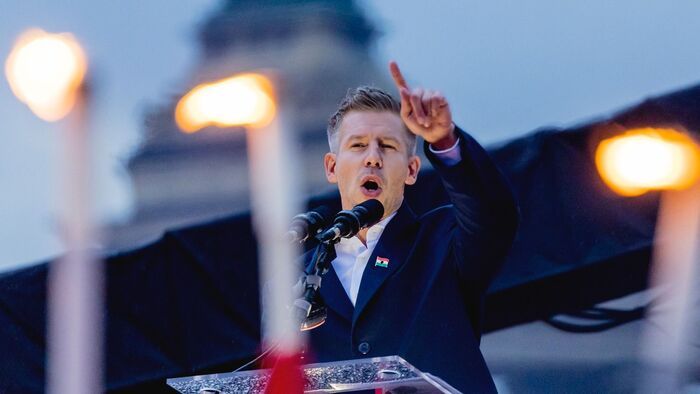
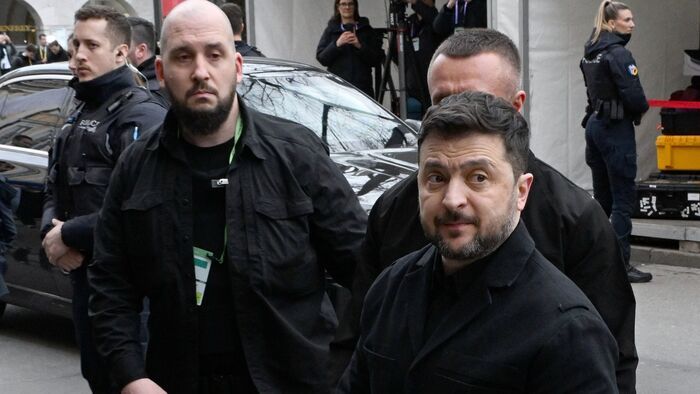
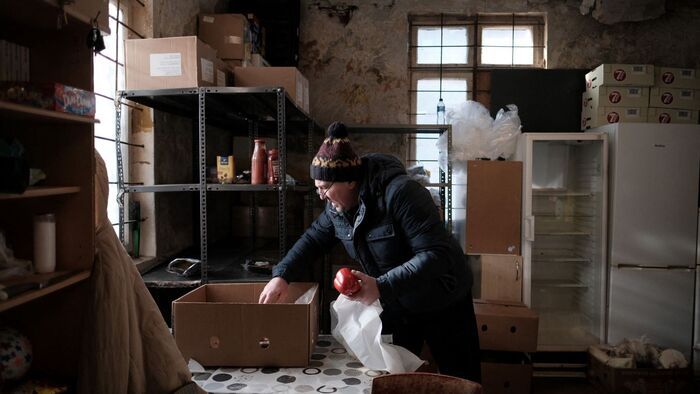
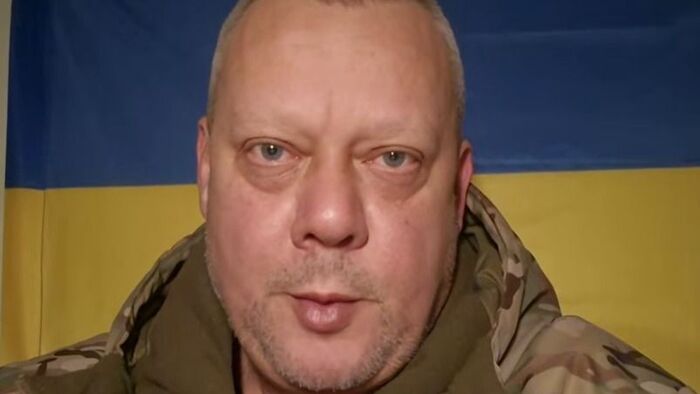



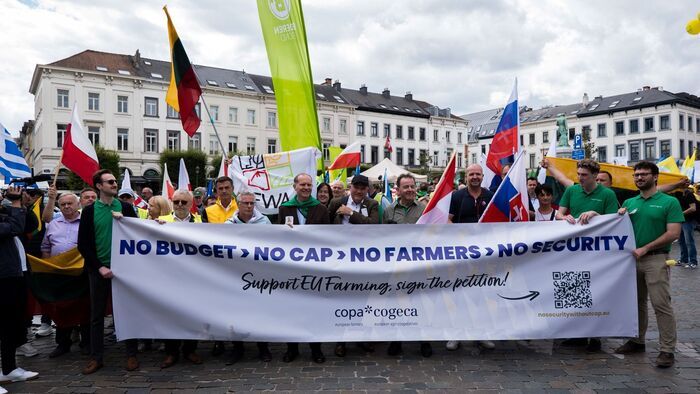


Szóljon hozzá!
Jelenleg csak a hozzászólások egy kis részét látja. Hozzászóláshoz és a további kommentek megtekintéséhez lépjen be, vagy regisztráljon!